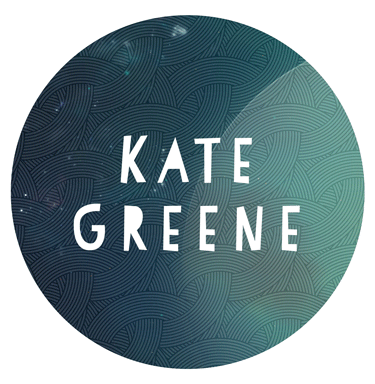I’ve written an essay on boredom and space exploration that will be published by Aeon.co this week. (You can read it here.) One section of this essay didn’t make the final cut. In it, I go into the history of the words boring and boredom, interest and interesting and some variants using the OED and Google n-gram viewer. The excised section follows.
According to the Oxford English Dictionary, the verb to bore arrived in 1000 A.D with only one meaning: to pierce or perforate. The noun bore, a hole made by boring, was first recorded in 1320. Bored appeared as an adjective in 1553, to describe something that was pierced or perforated or cylindrically hollow. Two hundred years later, the definition of bore took an unexpected turn. It was no longer just an act performed with a specialized tool to remove material from an object. It began to relate to the “malady of ennui, supposed to be specifically ‘French,’ as ‘the spleen’ was supposed to be English; a fit of ennui or sulks; a dull time.” The OED dates this usage to a 1766 letter written by the Earl of March regarding a tedious time with a Frenchman.
Two years after that letter, in 1768, English language produced the antidote to bore when interesting gained a new definition. Something interesting could suddenly have “the qualities which rouse curiosity, engage attention, or appeal to emotions.”
In David Foster Wallace’s Pale King, a novel that explores the dreariness of work for the IRS, a character, in a monolog on boredom, mentions this curious order of coinage—bore before interesting. But the OED indicates that, twenty years before interesting took its anti-bore meaning, the verb to interest meant “to affect with a feeling of concern; to stimulate to sympathetic feeling; to excite the curiosity or attention of,” which is to say that it’s best to take certain lexicographical cause-and-effect scenarios with a grain of salt.
During the nineteenth century bore continued to evolve. In 1812 it became a tiresome person. In 1823, the adjective bored appeared as “wearied and suffering from ennui.” Boring was defined in 1840 as that which annoys, wearies, or causes ennui. And finally, Boredom, as an undesirable state of being, entered the OED via Bleak House by Charles Dickens in 1853.
Be careful giving Dickens all the credit, though. If you type boredom into Google’s n-gram viewer, an online tool that allows digitally scanned texts written between 1800 and 2008 to be searched, you will see the word appears before 1853, although in which texts, Google does not say. Incidentally, you’ll also see that bore appears much more frequently over the years than the variants bored, boring, and boredom.
The widespread use of these words is generally associated with the industrial era, a time when new technologies replaced human skills and animal power, leading to general and widespread alienation. Interestingly, bore began to lose steam in texts after 1900, but since 2000, there’s been a sharp uptick. This coincides with emergence use of the Internet, although a causal link between the two is as yet unproven.
